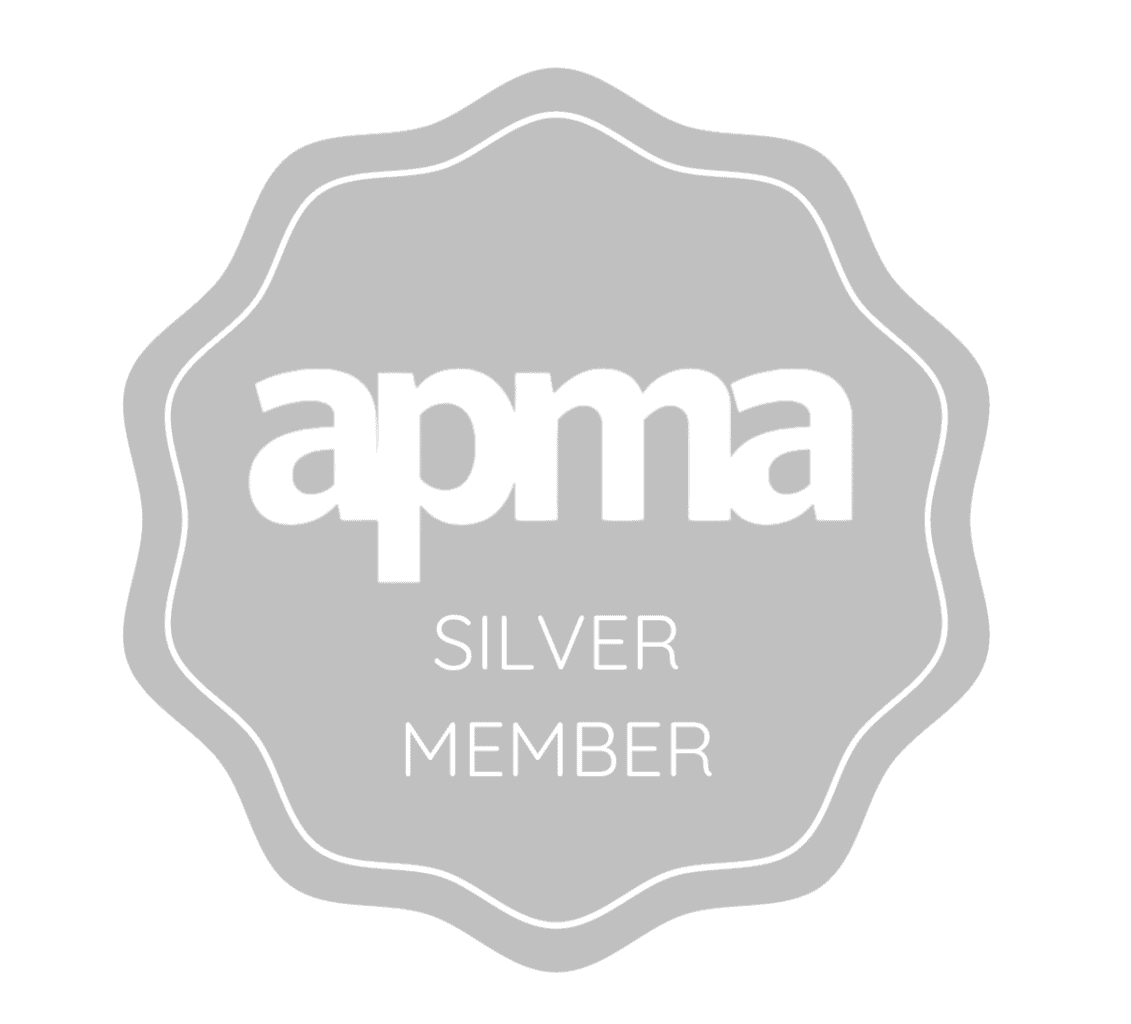Recently, a blogger named The Londoner grabbed attention when she included an affiliate link to Matalan in her blog post. The use of these was reported to the Advertising Standards Agency (ASA), because it was claimed they couldn’t determine whether or not these were promotional.
The authority’s conclusion raised both eyebrows and questions about what is and isn’t commercial. Are we at risk of stricter affiliate regulation in iGaming? How can the industry prevent this from happening? Let’s take a closer look.
The full case
The blog post, in which the link was used, was about a trip to Morocco. In this, The Londoner wore a dress with the caption: “red dress/ yellow dress”. Links to two items on Matalan’s website were included. The blogger had paid for these particular clothes herself.
The high street brand mentioned that they had worked with The Londoner before, through a third-party influencer network. However, there was no partnership in place for this post.
Somebody complained, prompting the ASA to launch a full investigation. They concluded that the blog post itself was editorial. However, they also stated that the links’ commercial nature should’ve been communicated better.
Potential problems
Had a financial agreement existed in this instance, the ASA’s decision might have been fair. But there wasn’t, so it’s disputable.
As Charlotte Bennett – OMD EMEA’s Managing Partner, Affiliates & Lead Generation, questioned: “Will we need to see #ad after every link to make it clear that voucher code sites have not collated deals out of goodwill?”. There’s a risk of this happening if things aren’t made clear going forward, which would damage authenticity and annoy readers too.
Bennett also argued that blogs like the Londoner rely on commission to run. But this income isn’t guaranteed, so they’re still able to express their own views without being paid to. Therefore, overcomplicating cases like this creates a grey area.
The ASA determined the links to be commercial, because of a “possible” financial relationship in case she received commissions through subsequent purchases. The final part of this concerns Andrew Girdwood – Head of Media Technology at Signal. He said:
“If the ASA tells me that it was explicitly the link that made the phrase ‘red dress/ yellow dress’ an ad, and not just the possible commercial relationship with Matalan, then this is a game-changer.
“The ASA needs to clearly define which technologies magically turn editorials into ads, and which do not. For example, do the presence of coupon codes and phone numbers turn an editorial into an advertorial?”.
How can the risk of this happening again be reduced?
Some have argued that this entire fiasco is the culmination of ineffective affiliate protection policies. Rather than cooperation, publishers have been left to do things on their own. Awin’s Global Strategy Director, Kevin Edwards, reacted to this case:
“The warning signs have been there. This is a classic case of an industry, with a good history of self-regulating, failing to produce collaborative standards. These should be helping publishers to navigate this increasingly problematic issue.
The responsibility shouldn’t fall solely on affiliates for this. With little cooperation so far, guidelines are somewhat loosely-defined. Going forward, all parties – whether that be governing bodies, publishers or operators – need to be active in making changes. The positive of this entire episode, however, is that the necessary conversations related to this might now begin to progress.
























